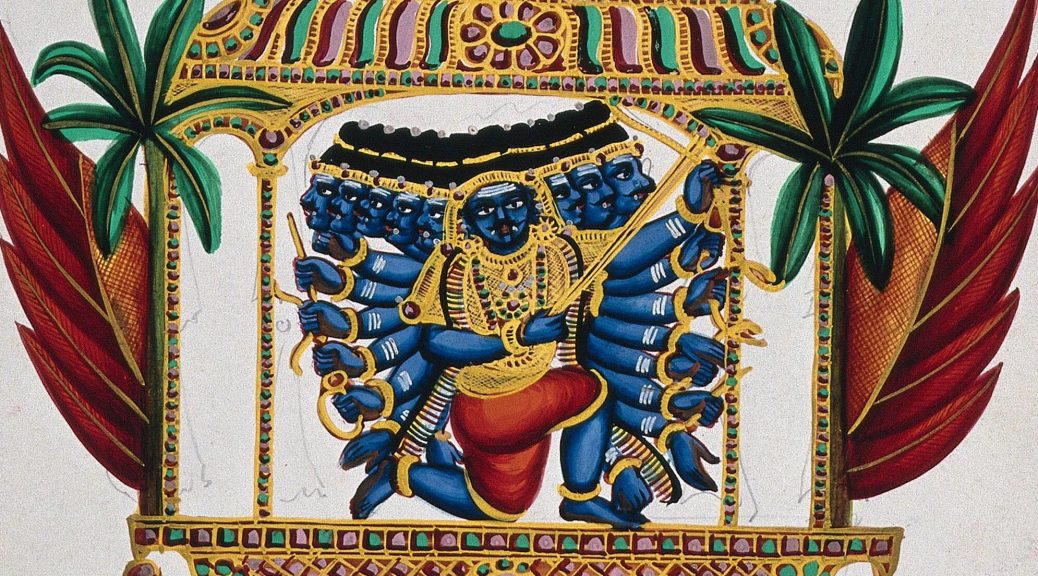Wish you all a very happu Ugadi. May this Shubhakruta Nama Samvatsara brings lots of happiness, prosperity and good health in everyone’s life. This year Ugadi falls on 2nd April 2022.
The name Ugadi (Yugadi) is derived from the Sanskrit words “YUGA” (time period/era) and “Adi” (beginning), thus it’s “ Beginning of a new time period/ era”.
Ugadi is also called Samvatsara Padvo in Konkani, Gudi Padwa in Marathi, Ugadi in Telugu. Ugadi falls on the “Chaitra Shuddha Padyami” or the first day of the bright half of the Hindu month of “Chaitra”. In North part India, people celebrate Ugadi as Chaitra Navaratri from Chaitra Padyami to Ram Navami. During this festival, the season of spring ( Vasantha masa) is believed to have arrived at its fullest potential, and everywhere the colors of the festival can be seen. New leaves on the trees look amazingly beautiful. It signifies a period when the earth starts to recharge itself for a new beginning with the help of Sun’s energy. Ugadi marks the start of earth’s energising period.
As per the Hindu calendar, it is a celebration welcoming the new time period called a year Samvatsara. This generally falls in late March or early April of the Gregorian calendar. We celebrate this festival because Hindus believe that it was on this day Lord Brahma created the Universe. As per Hindu mythology, during the evolution of the cosmos, Brahma, the creator commenced the act of creation of the universe on this day.
The term “Samvatsara” is a Sanskrit word for “year” in Vedic literature. It starts with the month “ Chaitra” when the Sun enters the sign of Aries and the first day after the New moon. It’s believed that the yugas began when the two biggest planets, Jupiter and Saturn were at 0- degrees of Aries. Jupiter takes 12 years and the Saturn takes 30 years to complete one revolution around the sun respectively. So, if we take the LCM (lowest common multiple) of 12 and 30 to find when they will intersect, we get 60. Therefore, every 60 years, both Jupiter and Saturn will be positioned at nearly the same sidereal coordinates where they started off at the beginning of the Yuga, thus forming a sixty-year cycle. This is why there are 60 Samvatsaras. Once all the 60 Samvatsaras are over, the cycle starts over again. The first Samvatsara is “Prabhava” and the last one is “Vyaya”. This Ugadi starts with SHUBHAKRUTA nama samvatsara.
The calendar dates back to the Shalivahana era, which is supposed to have been built by the great legend Shalivahana and is responsible for initiating the “Shalivahana shakha(era)”.
An important aspect of the Ugadi festival is “Panchanga Shravanam”, (almanac reading), the hearing of recitation of forecast from the traditional lunar calendar (Panchaang) by the eldest member of the society or the priest in the temple giving out predictions for the upcoming year. Usually, every family visits the nearby temple wearing brand new clothes to take the blessings of their “Ishta devata” before starting the New samvatsara (year).
The special symbolic dish of Ugadi is “bevu-bella” or “Ugadi pachhadi”. This dish is made from a mixture of neem flowers/buds, tamarind, chilli powder, unripe mango, salt and jaggery. It is the first dish to be eaten in the morning, on Ugadi day. This dish signifies the essence of life through its ingredients. Each ingredient signifies a different taste. Neem (difficulties), chilli (anger), tamarind (challenges), unripe mango(surprises), salt (interest), jaggery (happiness).
Special dishes are cooked for the occasion and enjoyed together by families. Madgane, khotto,sheeta, dalitoy, upkari, phodi etc. are some of the special amchigele food preparations for Ugadi. Sweets are shared with friends and neighbors.
Many new ventures are started on the day of Ugadi. People commence the construction of their new houses, undertake new business endeavors, make important purchases like a new vehicle, etc., and sign new deals.
Ugadi is all about leaving behind the past and starting new fresh expectations and a positive frame of mind. Thus, the festival is celebrated to welcome a New start in life with expectations of happiness, well-being, growth, and prosparity.

